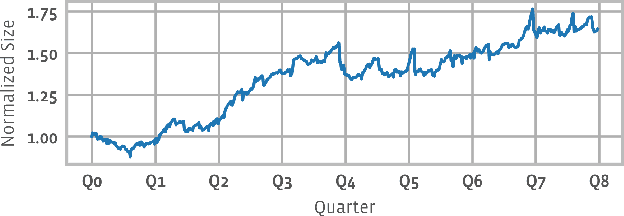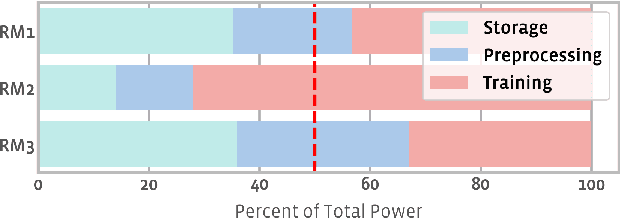Satadru Pan
Sid
The Llama 3 Herd of Models
Jul 31, 2024Abstract:Modern artificial intelligence (AI) systems are powered by foundation models. This paper presents a new set of foundation models, called Llama 3. It is a herd of language models that natively support multilinguality, coding, reasoning, and tool usage. Our largest model is a dense Transformer with 405B parameters and a context window of up to 128K tokens. This paper presents an extensive empirical evaluation of Llama 3. We find that Llama 3 delivers comparable quality to leading language models such as GPT-4 on a plethora of tasks. We publicly release Llama 3, including pre-trained and post-trained versions of the 405B parameter language model and our Llama Guard 3 model for input and output safety. The paper also presents the results of experiments in which we integrate image, video, and speech capabilities into Llama 3 via a compositional approach. We observe this approach performs competitively with the state-of-the-art on image, video, and speech recognition tasks. The resulting models are not yet being broadly released as they are still under development.
Understanding and Co-designing the Data Ingestion Pipeline for Industry-Scale RecSys Training
Aug 20, 2021



Abstract:The data ingestion pipeline, responsible for storing and preprocessing training data, is an important component of any machine learning training job. At Facebook, we use recommendation models extensively across our services. The data ingestion requirements to train these models are substantial. In this paper, we present an extensive characterization of the data ingestion challenges for industry-scale recommendation model training. First, dataset storage requirements are massive and variable; exceeding local storage capacities. Secondly, reading and preprocessing data is computationally expensive, requiring substantially more compute, memory, and network resources than are available on trainers themselves. These demands result in drastically reduced training throughput, and thus wasted GPU resources, when current on-trainer preprocessing solutions are used. To address these challenges, we present a disaggregated data ingestion pipeline. It includes a central data warehouse built on distributed storage nodes. We introduce Data PreProcessing Service (DPP), a fully disaggregated preprocessing service that scales to hundreds of nodes, eliminating data stalls that can reduce training throughput by 56%. We implement important optimizations across storage and DPP, increasing storage and preprocessing throughput by 1.9x and 2.3x, respectively, addressing the substantial power requirements of data ingestion. We close with lessons learned and cover the important remaining challenges and opportunities surrounding data ingestion at scale.
 Add to Chrome
Add to Chrome Add to Firefox
Add to Firefox Add to Edge
Add to Edge